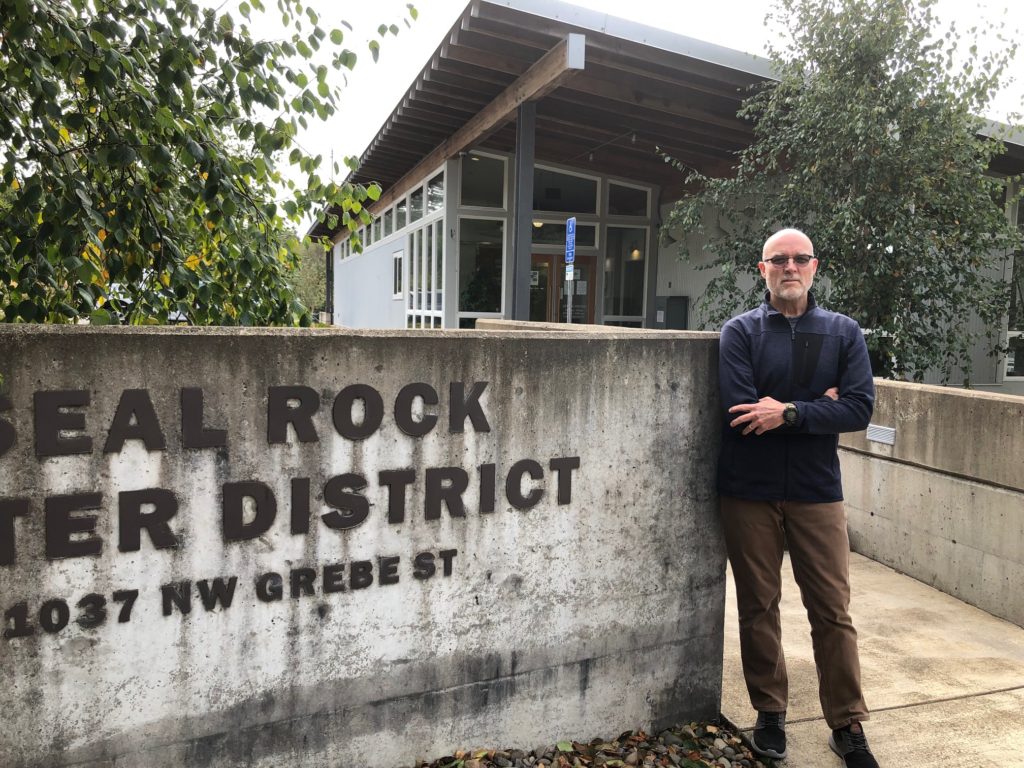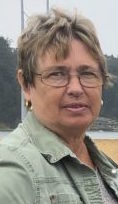
By DANA TIMS/YachatsNews.com
A first-of-its kind effort to address long-term water use and conservation issues on the central Oregon coast is about to have its biggest moment yet.
After six years of work, members of the Mid-Coast Water Planning Partnership will go before state officials June 16 to formally present a plan addressing how the central Oregon coast will approach water uses for decades to come.
Approval there will trigger a series of final steps culminating in the ability of dozens of central coast water providers to seek financing for more than $120 million worth of specifically targeted water use and conservation targets.
“This is a big moment for the mid-coast region,” said Adam Denlinger, general manager of the Seal Rock Water District. “This work has taken a lot longer than anyone anticipated, but we are finally at the moment to help ensure that sufficient water will be there for future generations.”
The partnership’s 162-page plan outlines water-supply challenges, glaring infrastructure deficiencies, habitat and aquatic needs and, critically, eight “imperative” categories addressing the region’s most pressing water issues.
The Oregon Water Resources Department, as part of a two-day gathering June 16 in Salem, will hear the group’s presentation from 10:45 a.m. to noon. Assuming staff signs off on a plan they have already long been familiar with, the plan then goes to the Oregon Water Commission for final agreement.
That would clear the way for the plan to be adopted and put into action by partnership members.
In previous decades, Denlinger said, water provision on the central coast was left to more than 50 providers, most very small, who operate from Yachats north to Lincoln City. Now, he added, providers who are participating in the partnership will have a common language and a set of goals to pursue in efforts to conserve increasingly scarce sources of water.
Still some on the fence
Not all water providers in the area have chosen to join the partnership.
One of the most important in terms of size and coverage area is the Southwest Lincoln County Water Peoples Utility District, which serves 1,250 customers between Yachats and Waldport. The utility’s board recently wrote a letter to the planning partnership expressing concerns about the group’s authority and scope of the new plan.

“We just wanted to express some caution,” said Roxie Cuellar, the PUD’s board president. “We have our own supply of surface water and we are concerned about whether this was an effort that would involve us having to start supplying water to a much larger group.”
Denlinger said that’s not the case.
“We don’t have the power or authority, nor are we seeking that authority, to take anything away from any water supplier,” he said. “Those who agree to participate in the consortium do not agree to give up anything.”
However, he said, he fully supports Southwest Lincoln County Water PUD’s approach, and, noting that Southwest provided a tour of its facilities to consortium members a couple of years ago.
“I’d change their approach if I could, but I still respect their need to proceed cautiously,” he said. “We’ll be available if and when they decide to participate or even request more information.”
A new approach
The planning partnership’s “bottom-up” approach is the first time that local areas have engaged in long-term water planning. Previously, state water planners handled that work and passed the results of their labor down to local officials for implementation.
The central coast area was identified in 2016 as one of four sub-areas around the state that would help pioneer the notion of “placed-based” water planning. The other three are the Harney basin, lower John Day sub-basin and upper Grand Ronde sub-basin.
Denlinger said his earlier fears that partnership members might start suffering from pandemic-related “planning fatigue” have not played out.
“The folks who were interested from the start in managing water issues for the mid-coast region are still very much engaged to this day,” he said. “We are all very excited to get this plan approved and move on to real steps to better manage this important resource.”
- Dana Tims is an Oregon freelance writer who contributes regularly to YachatsNews.com. He can be reached at DanaTims24@gmail.com


